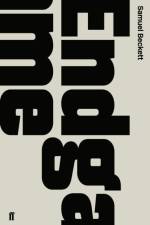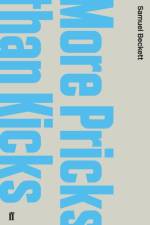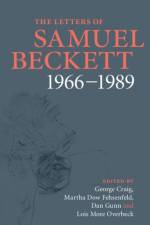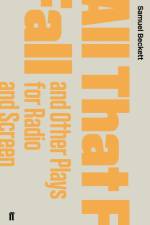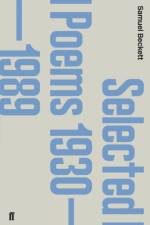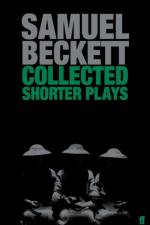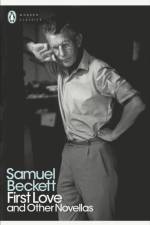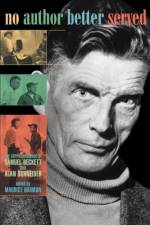av Samuel Beckett
171
This new edition brings together all of Beckett's dramatic writings for radio, television and film, offering works which range from eloquent comic naturalism to an eviscerated and pared-down symbolism. Above all, Beckett found his unique uses for the radio-play, a medium 'for voices not bodies', compacted of speech, sound and silence - and the plays in this volume intently explore the resources and limits of the sound-stage.My father, back from the dead, to be with me. (Pause.) As if he hadn't died. (Pause.) No, simply back from the dead, to be with me, in this strange place. (Pause.) Can he hear me? (Pause.) Yes, he must hear me. (Pause.) To answer me? (Pause.) No, he doesn't answer me. (Pause.) Just be with me. (Pause.) That sound you hear is the sea. (Pause. Louder.) I say that sound you hear is the sea, we are sitting on the strand. (Pause.) I mention it because the sound is so strange, so unlike the sound of the sea, that if you didn't see what it was you wouldn't know what it was. (Pause.). Hooves!Contents: All That Fall, Embers, Words and Music, Eh Joe, Quad, Film, ...but the clouds..., Ghost Trio, Nacht und Traume, Rough for Radio I, Rough for Radio II, Cascando, The Old TunePreface and Notes by Everett Frost

